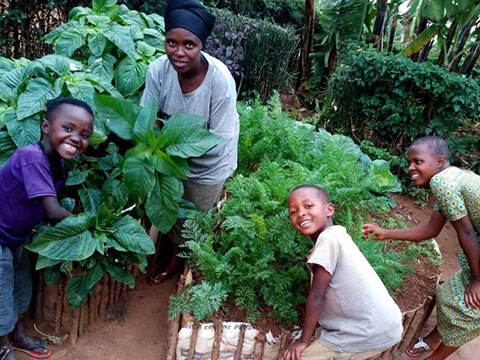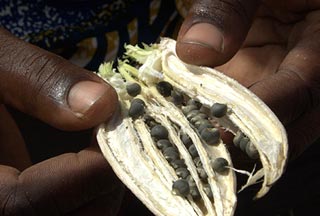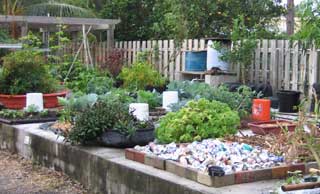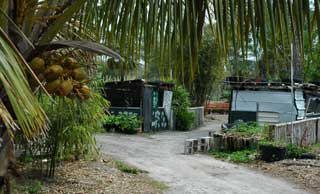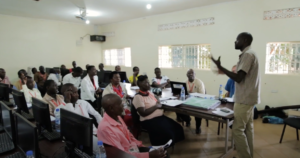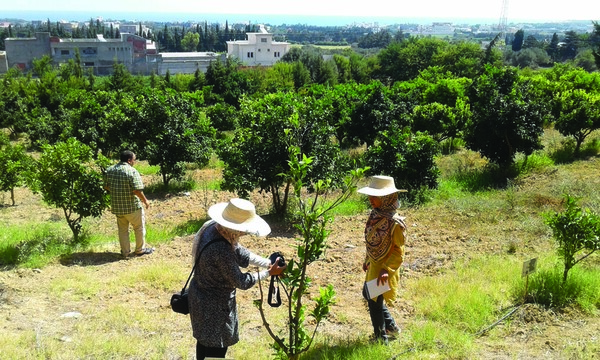
By: Makenzi Johnson
For years after first hearing about ECHO from a friend, Kimberly Duncan went through life with the thought of the ECHO internship in the back of her mind. She was looking for a program that would give her hands-on training and the practical skills in agriculture she was looking to take abroad to a field of service.
Ten long years after having completed her bachelor’s degree, Duncan volunteered as a resident student researcher at ECHO serving for two weeks and applied for the year-long internship afterward. Duncan was accepted and became the urban garden intern in the fall of 2009.
ECHO trainings proved to be exactly what she was looking for, and Duncan was given daily opportunities to roll up her sleeves and get her hands dirty.
“It was always interactive; the staff was willing to let you experiment and try things even if it meant possibly messing something up,” Duncan said. “ECHO taught me to be less afraid of failure.”
Now Duncan is in North Africa working with an agricultural organization to encourage farming families with a more practical understanding of their assets. She works with families struggling with soil degradation who lack regular access to resources, seeds, water, and training. Over and over again, she emphasizes that the confidence that she gained during her internship at ECHO impacts how she approaches her work now.
Regularly, Duncan is interacting with teams of students and farmers. She reflects on how ECHO’s community and the network have shown her the importance of supporting each other and sharing ideas.
“For myself and a lot of my American colleagues, we can be tempted to think in a very autonomous way. We might believe that we can do things on our own and don’t need help,” Duncan said. “And while independence is valuable, you need a community to better serve one another… it makes you 100 times stronger than if you are on your own.”
ECHO’s network has been a constant encouragement for Duncan during her four years of working in North Africa. Because of her time at ECHO, Duncan gained more knowledge and practical experience than she could have ever hoped for.
“ECHO’s approach is to help build capacity in the people with whom they partner,” Duncan said. “ECHO cares about encouraging and sharing hope with others, and I continue to use them as a model here where I work day-to-day.”
